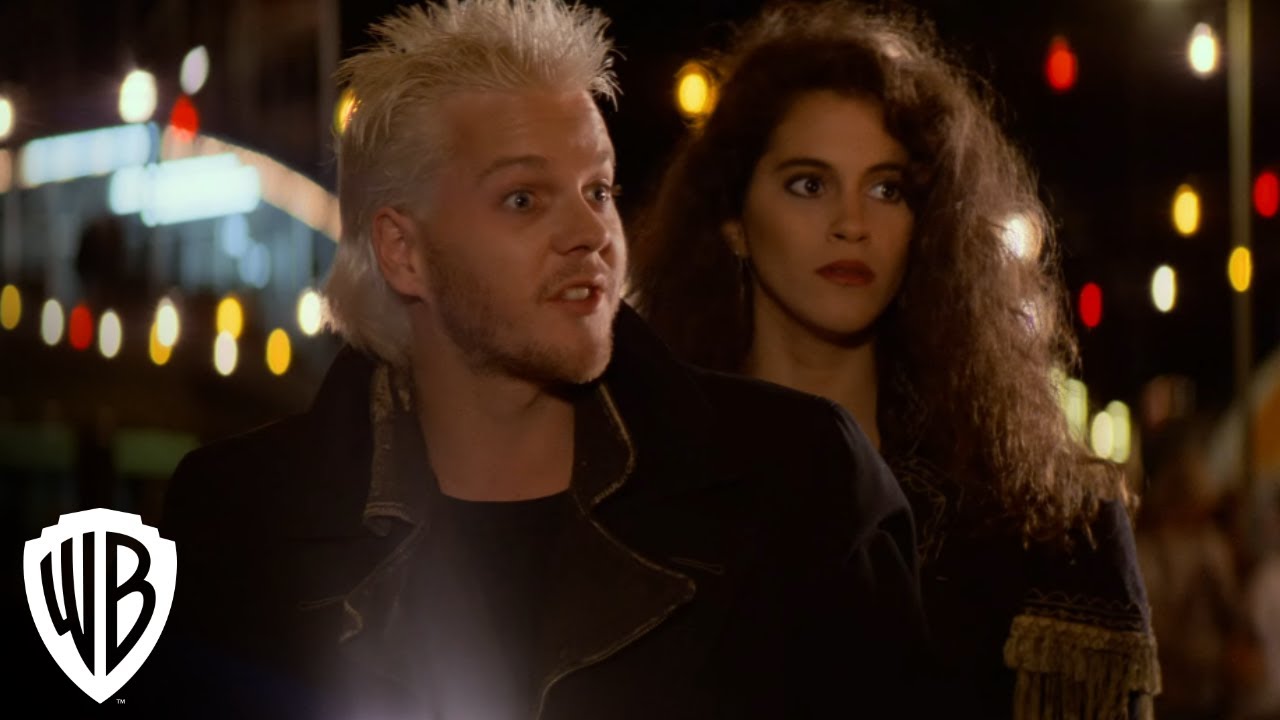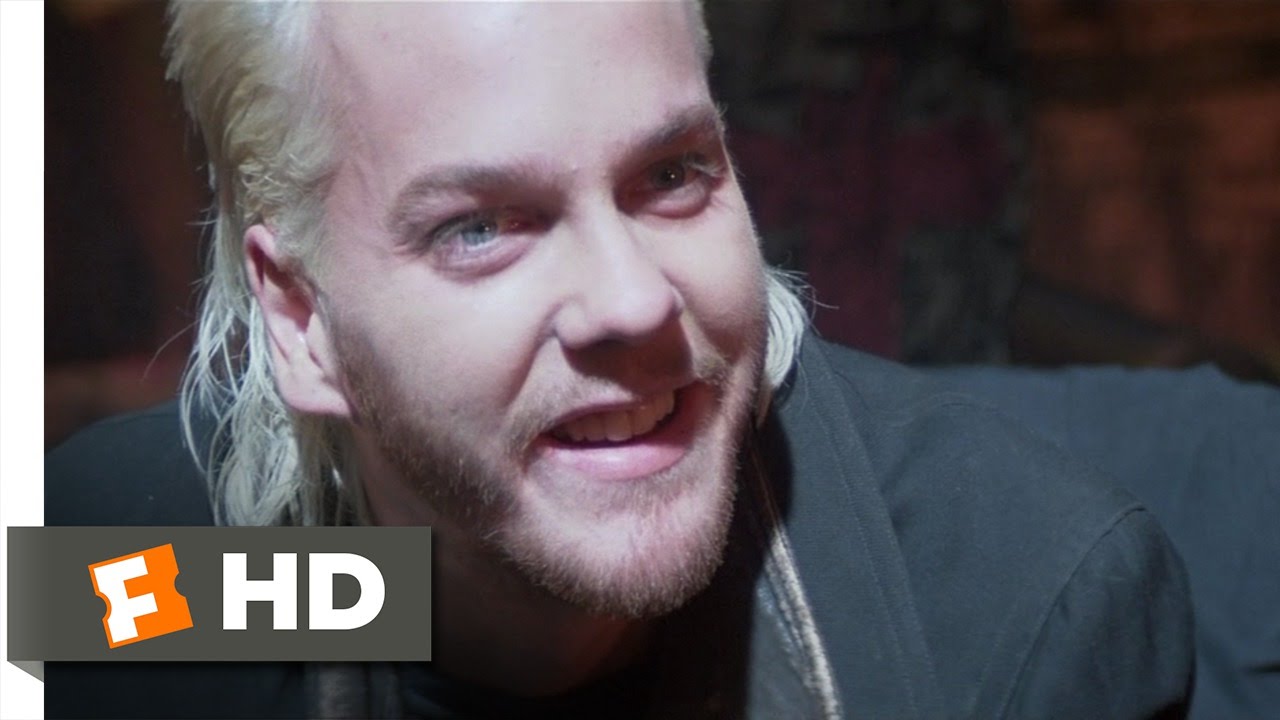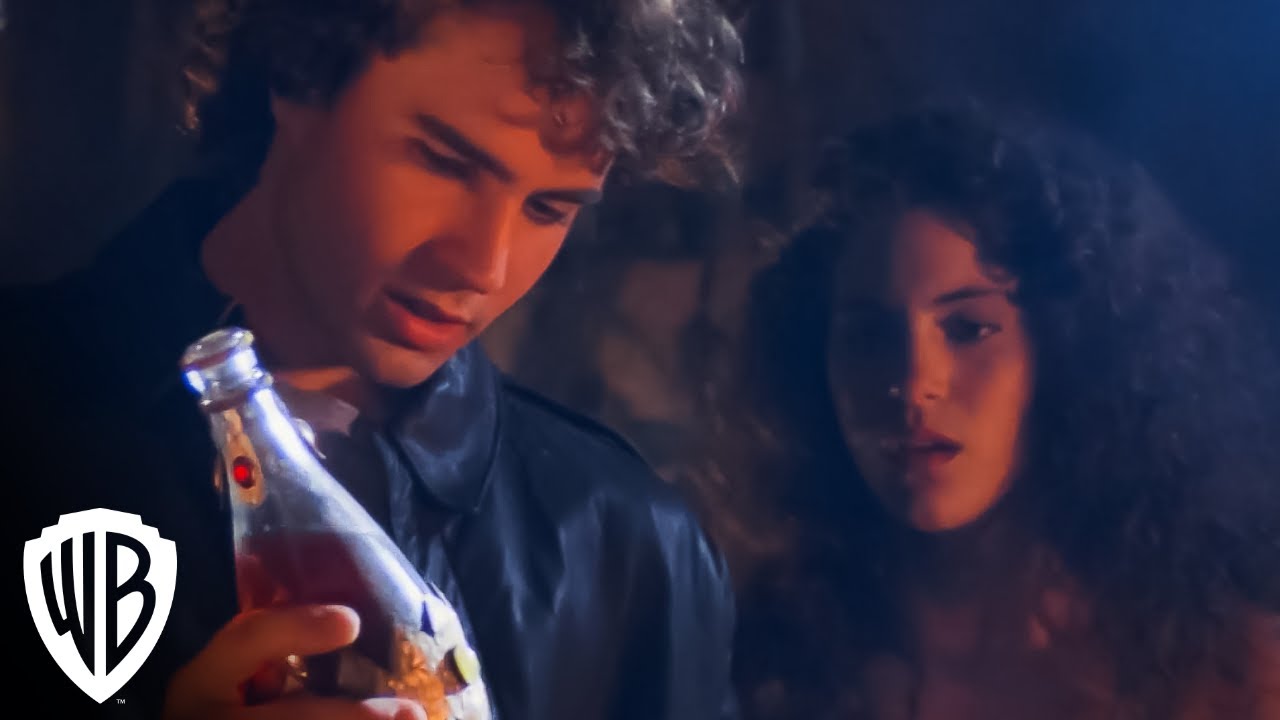When we think of vampire films, “The Lost Boys” is usually top of mind thanks to its unique blend of humor, horror, and a dash of ‘80s charm. Released in 1987 and directed by Joel Schumacher, this film shaped the vampire horror genre into something fresh and engaging. By challenging the standard tropes, the movie opened the door for intriguing stories about vampires and how they fit into youth culture. Its iconic nature leaves a mark on pop culture, as many successors like “Buffy the Vampire Slayer” and “Twilight” owe their existence to the innovative vibes that “The Lost Boys” introduced.
So, what makes “The Lost Boys” a defining film in the vampire category? It’s the campy humor meets genuine horror that strikes the right balance. The film redefined vampire mythology and dug deep into the collective experience of teenage life. From the killer soundtrack to the fashion that screams of a bygone era, every element is meticulously curated to enhance the storytelling. Plus, who could forget the heartthrob appeal of young Kiefer Sutherland and the electric chemistry among the cast?
The Women of The Lost Boys: Pioneers of Empowered Horror
While “The Lost Boys” is often hailed for its male-driven story, we can’t overlook the remarkable female characters that grace the screen. Dianne Wiest plays Lucy Emerson, a single mother navigating dating apps and family dynamics. Jami Gertz shines as Star, bringing depth to her role and portraying a character who grapples with love, desire, and independence. These performances were bold steps for the era and showed that complex female characters could shine in a male-dominated genre.
Lucy and Star don’t simply play supporting roles; they push back against the passive tropes of horror films at the time. By embodying strength and agency, they laid the groundwork for future films that aimed to uplift women in horror narratives. This shift influences films like “The Craft” and “Jennifer’s Body,” both of which offer empowered portrayals of women grappling with their identities. “The Lost Boys” showed audiences that—even in a monstrous world—women can be powerful and multifaceted characters.
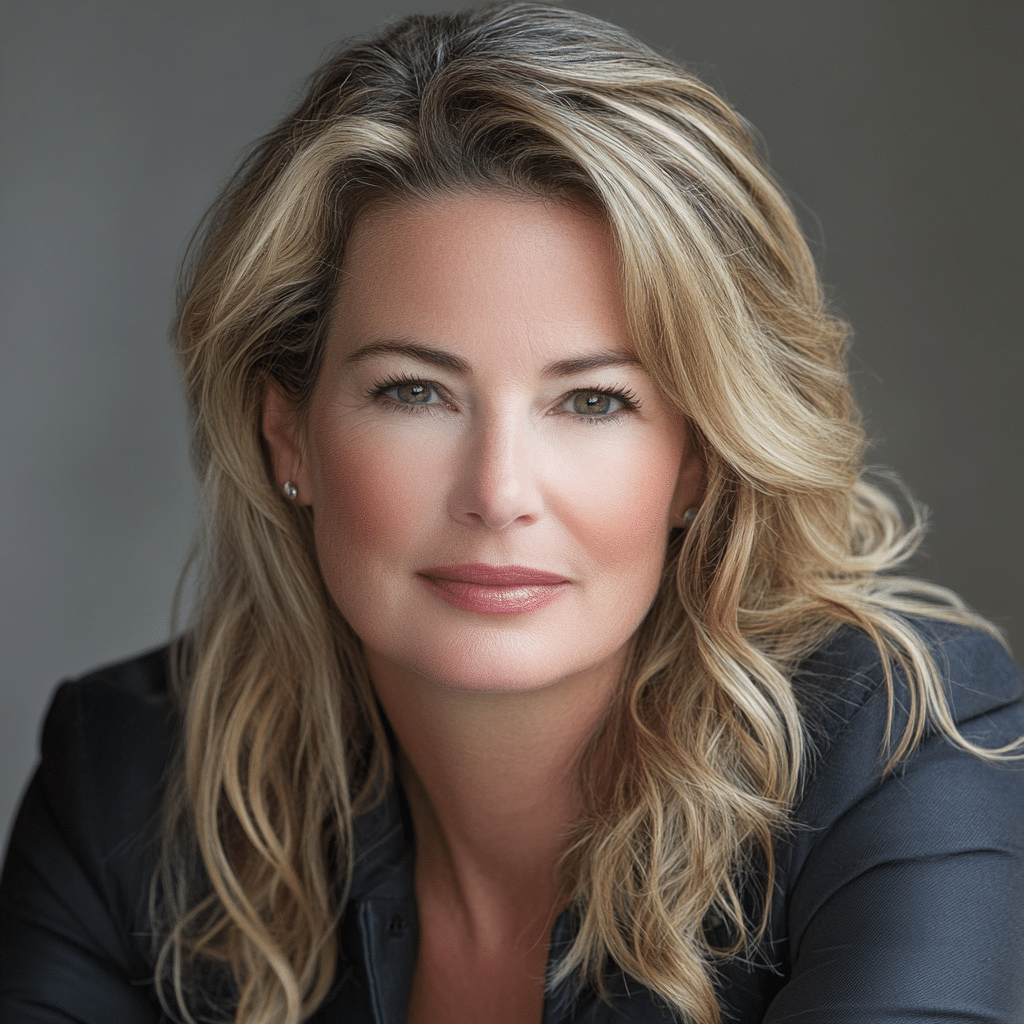
The Boys: Exploring Adolescent Identity and Rebellion
Rooted deeply in the adolescent struggle, “The Lost Boys” transcends mere vampire horror into rich territory exploring identity and rebellion. The character arcs of Sam and Michael Emerson reflect not just personal journeys but also capture the zeitgeist of the late ‘80s. Michael, played by Jason Patric, goes from an unsure young man to a charismatic vampire, inviting us to ponder questions surrounding sexuality and identity.
Simultaneously, Sam, portrayed by Corey Haim, becomes the voice of youthful defiance against conformity. As he embraces his individuality, his character represents the tension many teens face during that tender age. The film’s exploration of these themes resonates powerfully today, much like the angst we find in contemporary shows like “Stranger Things” and the resonant rebellious spirit of “The Boys.”
The Big C: Cultural Commentary Embedded in Horror
Set against the backdrop of 1980s surf culture, “The Lost Boys” encapsulates the essence of a bubbling youth culture and provides a rich layer for cultural critique. The mesmerizing boardwalk scene suggests themes of consumerism and the brutal undercurrents of suburban life that defined the era. The vampires are not just creatures of the night; they symbolize the allure and danger of materialism, dragging their victims into a clamor of glamour and decay.
Watching the film with an analytical eye reveals the nuanced commentary on materialism versus authenticity. This approach seamlessly interweaves entertainment with social critique, prompting audiences to consider their own priorities. So much of horror today, like Jordan Peele’s acclaimed “Get Out,” tackles similar themes, merging entertaining thrills with essential social commentary. “The Lost Boys” laid the groundwork for this integration, reminding us that criticisms of societal norms can thrive within an engaging narrative.
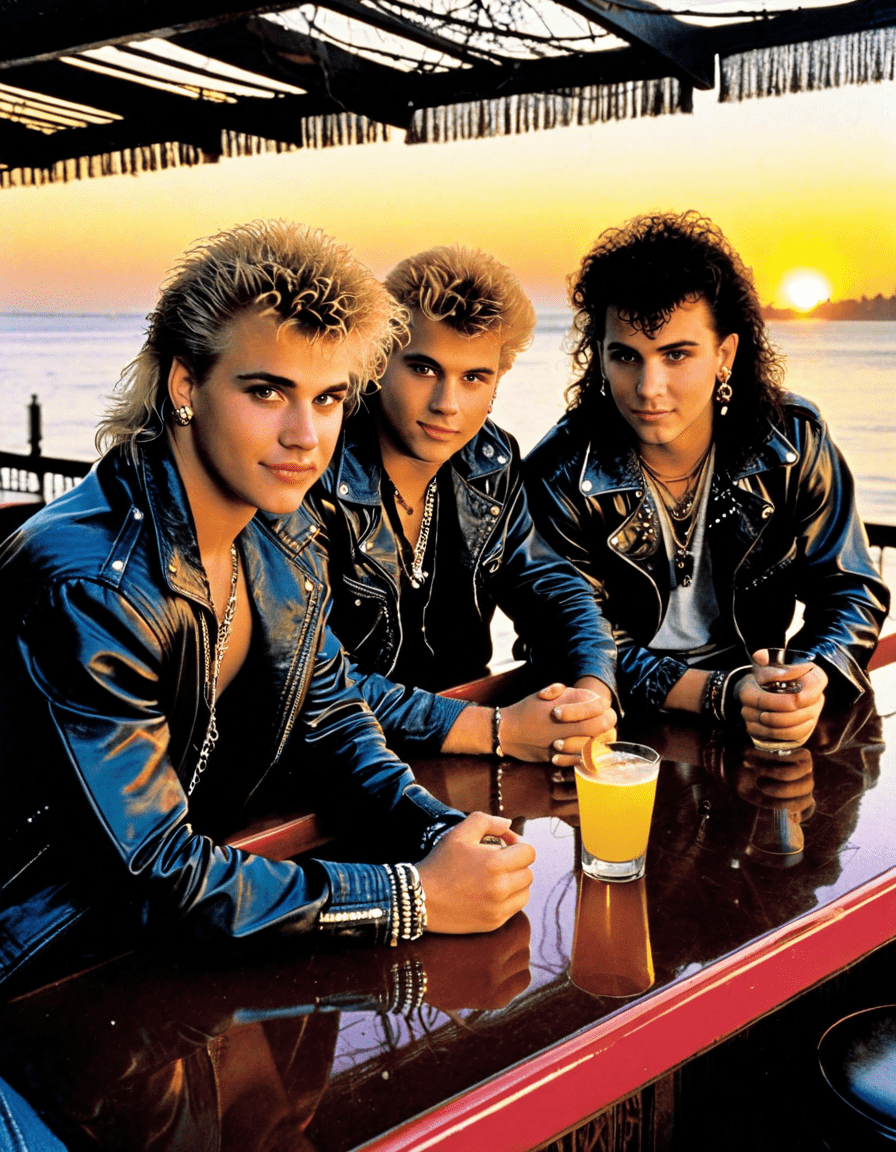
The 100: Longevity and Influence in Modern Media
Fast-forward to the present, and “The Lost Boys” remains relevant, continuously echoing through modern iterations of film and television. As the horror genre blossomed once again, the elements introduced in “The Lost Boys” have resurfaced in shows like “What We Do in the Shadows” and even the vampire revamps on streaming platforms. The show’s cultural impact keeps the conversation alive as discussions of a potential reboot surface, drawing in new fans while igniting nostalgia in older generations.
The lasting impression of “The Lost Boys” on both classic and modern storytelling demonstrates its universality. Its elements of rebellion, familial bonds, and the struggle against societal pressures resonate deeply today, reminding creators that foundational themes never truly go out of style. As we celebrate its longevity, it’s exciting to think about how various platforms will continue to reimagine these narratives.
The Rookie: New Blood in the Vampire Genre
Thanks to the legacy of “The Lost Boys,” fresh talent is continually emerging within the vampire genre. Directors like Anna Lily Amirpour, creator of “A Girl Walks Home Alone at Night,” take inspiration from the film’s unforgettable aesthetic while presenting new narratives that challenge traditional portrayals. We see a rise in unique stories about vampires, showcasing inclusivity and redefining gender roles.
Moreover, contemporary projects like “Dracula” on Netflix and “Chilling Adventures of Sabrina” bring LGBTQ+ representation into the fold, marking a shift in how we view vampires. This new wave continues to pay homage to the groundbreaking aspects of “The Lost Boys,” proving that the film’s influence runs deep. As a pioneer of empowerment and subversion, “The Lost Boys” has set the stage for the next generation of horror creators.
As we reflect on the captivating legacy of “The Lost Boys,” it’s clear we’ve got much to celebrate. The film not only entertained but sparked crucial conversations about identity, societal concerns, and how we represent genders in a genre that has often relegated them to one-dimensional roles. Its impact still resounds today, inspiring modern storytelling and encouraging us all to dive deeper into the intricacies of horror, identity, and beyond. “The Lost Boys” will forever be a defining part of our cultural landscape, masterfully blending thrilling horror with sharpened social commentary.
The Lost Boys: Captivating Legacy of Vampire Horror
Vampires with Style
“The Lost Boys” is pretty iconic, not just for its spine-chilling thrills but also for its ’80s vibe that just won’t quit. Directed by Joel Schumacher, this flick is a masterclass in blending horror with humor. Did you know that Kiefer Sutherland originally auditioned for the role of Michael? Instead, his portrayal of David became an enduring image of vampire allure, often inspiring characters in pop culture, much like how Natural Born Killers changed the game for its genre. Plus, the film’s stunning seaside visuals were shot in Santa Cruz, which became a hotspot for fans, right alongside the buzz of places like the Metreon in San Francisco.
The Heartthrobs and Their Influence
Talk about stunning actors—The Lost Boys featured a young, mesmerizing cast, including Jason Patric and Corey Haim, whose on-screen chemistry added to the film’s charm. Interestingly, Haim boasted that he’d never seen so many vampire movies before getting cast, as he was more into dramatic flicks. This fascinating revelation reminds us how diverse tastes can shape unique performances. Another tidbit: after the film’s massive success, it cemented California as Hollywood’s go-to spot for vampire tales, much like the cult film Talk to Me, which gained a following for its eerie storytelling.
Iconic Soundtrack and Culture Shift
You’d be surprised how influential the soundtrack of The Lost Boys has been, with its catchy tunes that still echo in the music world. The film chef-d ’oeuvre also featured songs from famous bands like The Doors and had an unforgettable presence in modern references. Remember when Sean Diddy combs made headlines for his unexpected role in film production? Well, that influence traces back to the kind of star power seen with the young actors of The Lost Boys. Moreover, it’s not just about the actors; screenwriter Jeffrey Boam faced off with movie studios, paving the way for bold narratives that broke the mold, akin to what’s happening with the Cast Of Drive away dolls making waves today.
The legacy of The Lost Boys remains strong, captivating new generations with its mix of horror and cheeky fun. Much like the thrilling concept of Hyper Sonic, this film continues to inspire filmmakers, reminding us that vampires can be both chilling and charming, keeping the audience on edge for decades. And who could overlook the dizzying choreography of violence and love that parallels legendary boxing epics featuring figures like Mayweather? In the end, The Lost Boys stands as a key piece of horror culture, one that perfectly balances nostalgia with intrigue.


